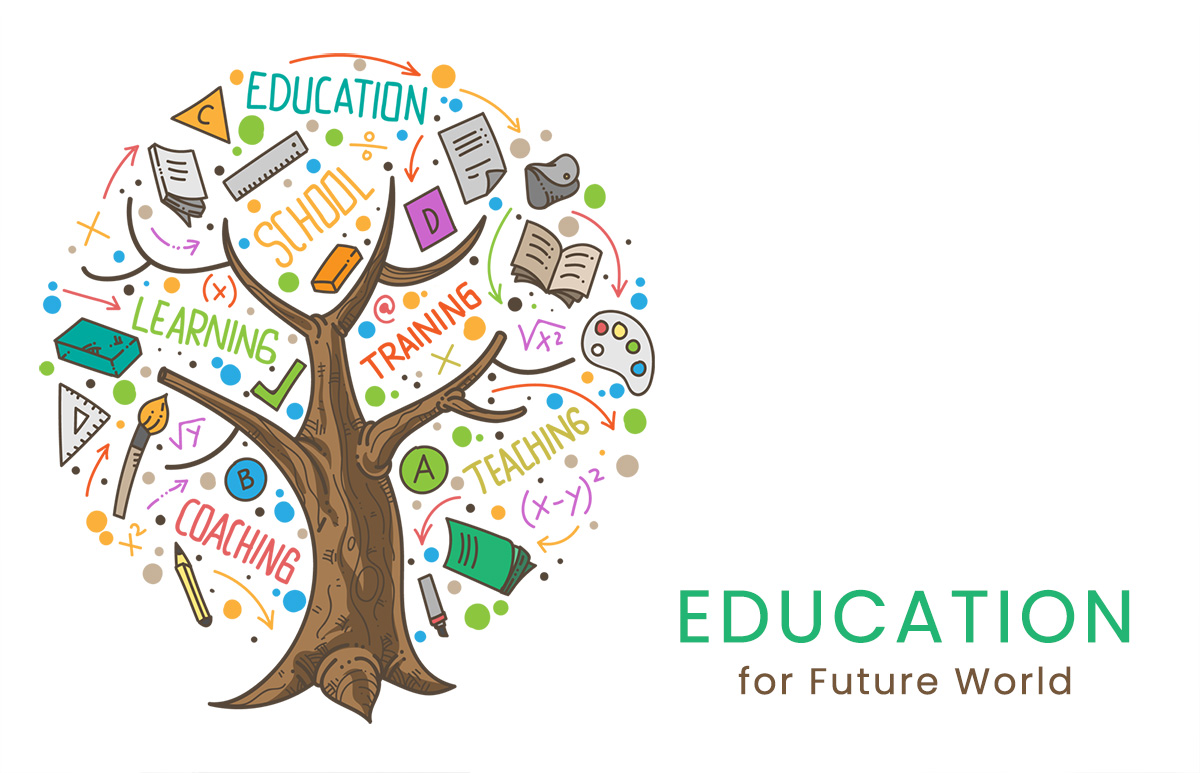
Ian Davies in the article “education for a better world” elaborates upon the purpose of education, which is to prepare people to live a better individual life and contribute effectively to the society, for the creation of a better world. He defines education as a “moral enterprise”, wherein the role of teachers is to develop learners’ capacities to understand and develop commitment to universal human rights within political, economic, social, and cultural contexts. Four fundamental dilemmas identified by Ian Davies that obstruct the goal of developing “education for a better world” include; firstly, teachers need to find some balance (or understanding) between duties and rights; secondly, what sort of teaching is to be practiced (civil, political, or social); thirdly, expectations for student behavior in society (participator or merely spectator one); fourthly, can society be seen as a coherent single framework or as fragmented in identities, values, cultures, and political agendas. Ian Davies come up with four ways of developing education for a better world, these include; firstly, provision of equal opportunities in terms of level playing field and shared outcomes; secondly, provision of citizenship for legal status, identity, and capacity for action; thirdly, creation of “enterprise education” linking economy to education for achieving economic goals; fourthly, education for sustainability, quest for personal peace and harmony to political campaigns against nuclear conflicts and for environmental friendly global governance. While concluding Ian Davies argues that teachers should feel confident about their roles in society and try to make a difference, otherwise they are being disingenuous about their goals. The main focus of the of the reading revolves around the research question, “can education create a better world?” According to Ian Davies education can definitely create a better world if the hurdles in its way are overcome and recommendations provided by him are implemented. However, Nick McGuinn states in response to aforementioned article, that Ian Davies has issued a serious and difficult challenge for the teachers. Nick, moreover, argues that he is not convinced that our society believes in “education for a better world”, as our education system is dominated by traditional, work-oriented, subject discrete curriculum, and we are interested in “training” for the hierarchical world with limited material resources. Nevertheless, in his last line he states that “our planet is a fragile place, unless we rise to Ian Davies challenge, we have no future”. This last line of Nick beautifully sum up and address the research question, that it is a great challenge for education to create peace and prosperity in our world, but there is certainly a glimmer of hope and optimism. Ian Davies presents his stance by concretely backing it up with appropriate evidence. He makes use of direct and indirect quotes of various prestigious scholars. For example, he quotes; Freire’s assertion (Lister 1973) “education can not be neutral”; Heater (2000) framework of four dilemmas; Healstead and Taylor (2000) research about citizenship; Hahn (1998) linkage between education and democracy; Fukuyama (1992) “end of history” claims. Moreover, Ian Davies builds up his arguments on the basis of critical analysis of research papers of these esteemed scholars. According to me it is an irrefutable reality that education can widely contribute to the creation of a better society. John Dewey (in reading for session 2) rightly states, “What nutrition and reproduction are to physiological life, education is to social life”. Hence, the role of education is to create a better society by providing “value consensus”, agreement on general norms and values, and by transmission of these values from one generation to the next. These values also contribute effectively and efficiently to the process of democracy. Education can act as glue for keeping society together in harmony and peace. Yes indeed, education can lead to a prosperous, progressive and harmonious world.